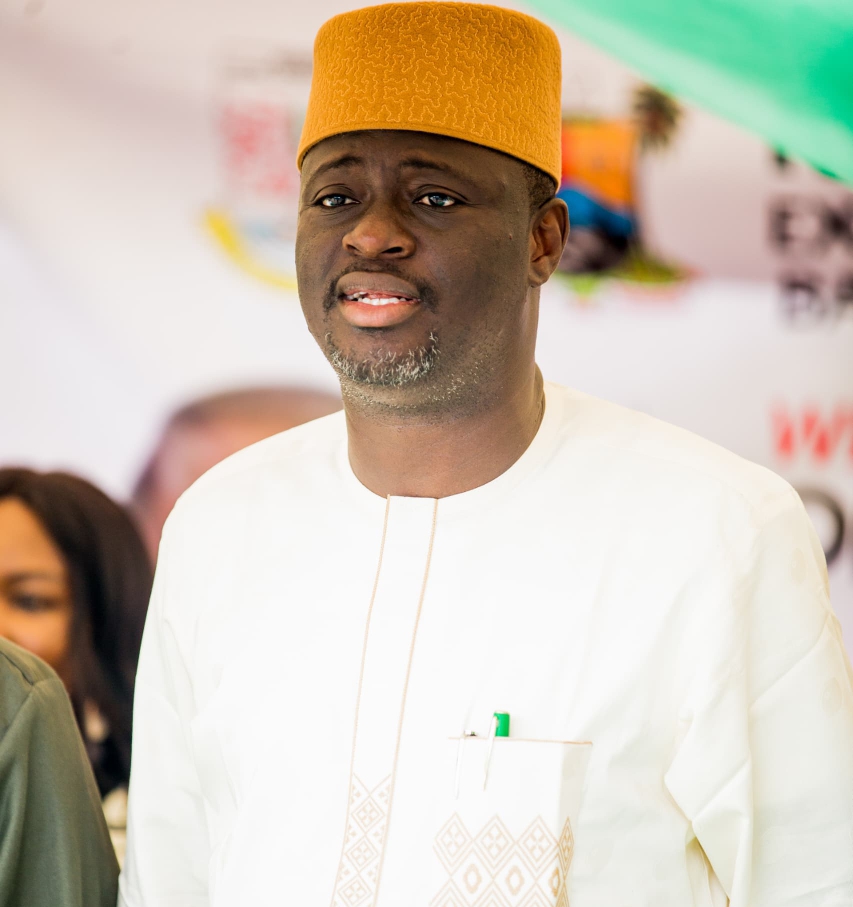By Bilesanmi Abayomi
When Hon. Moyosore Ogunlewe, Executive Chairman of Kosofe Local Government, assumed office in 2021, hopes were high for progress. However, allegations of abuse of office and misappropriation of funds quickly surfaced, creating a media storm and attracting public scrutiny. Yet, these accusations, amplified on social media, gradually faded without legal action from Ogunlewe, who initially threatened to sue for defamation but never pursued any cases.
Despite the controversy, Ogunlewe’s administration has celebrated projects, including road rehabilitations and the renovation of the council secretariat. However, some residents argue that these achievements are insufficient given the increased federal allocations to the council post-subsidy removal, alongside internally generated revenues.
Tensions rose again recently as discontented cabinet members, allegedly armed with sensitive council documents, threatened to expose Ogunlewe to the Economic and Financial Crimes Commission (EFCC). Intervention by an All Progressives Congress (APC) leader resulted in reconciliation, diffusing the dispute without further fallout. This episode, some locals believe, reflects self-interest among political players rather than genuine accountability.
Kosofe’s accounts, documented by budget transparency organizations like BudgIT, reveal billions accrued over Ogunlewe’s tenure. Yet, calls for clear explanations of capital project spending persist. Ogunlewe faces pressure to publicly demonstrate responsible use of funds to restore confidence.
The events in Kosofe echo a broader issue in Nigerian governance: reliance on “emergency” voices from aggrieved insiders rather than consistent citizen advocacy for transparency and accountability. As residents continue to depend on political insiders for exposure, the risk remains that public office will be seen as a hereditary privilege rather than a duty to serve.

